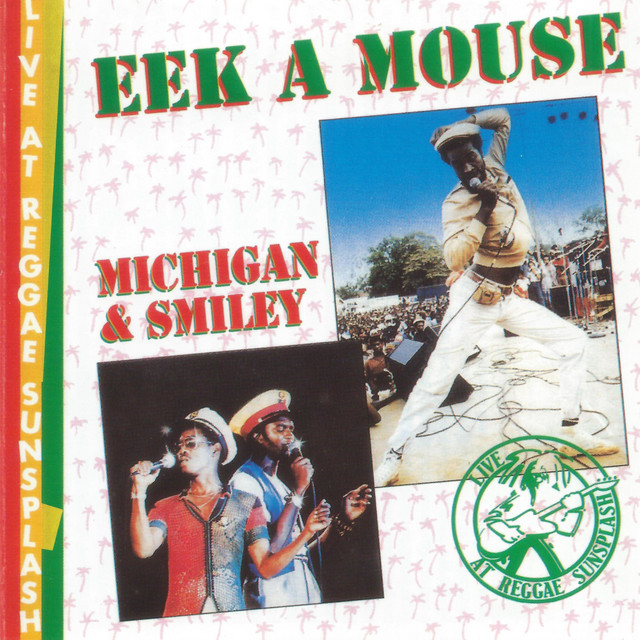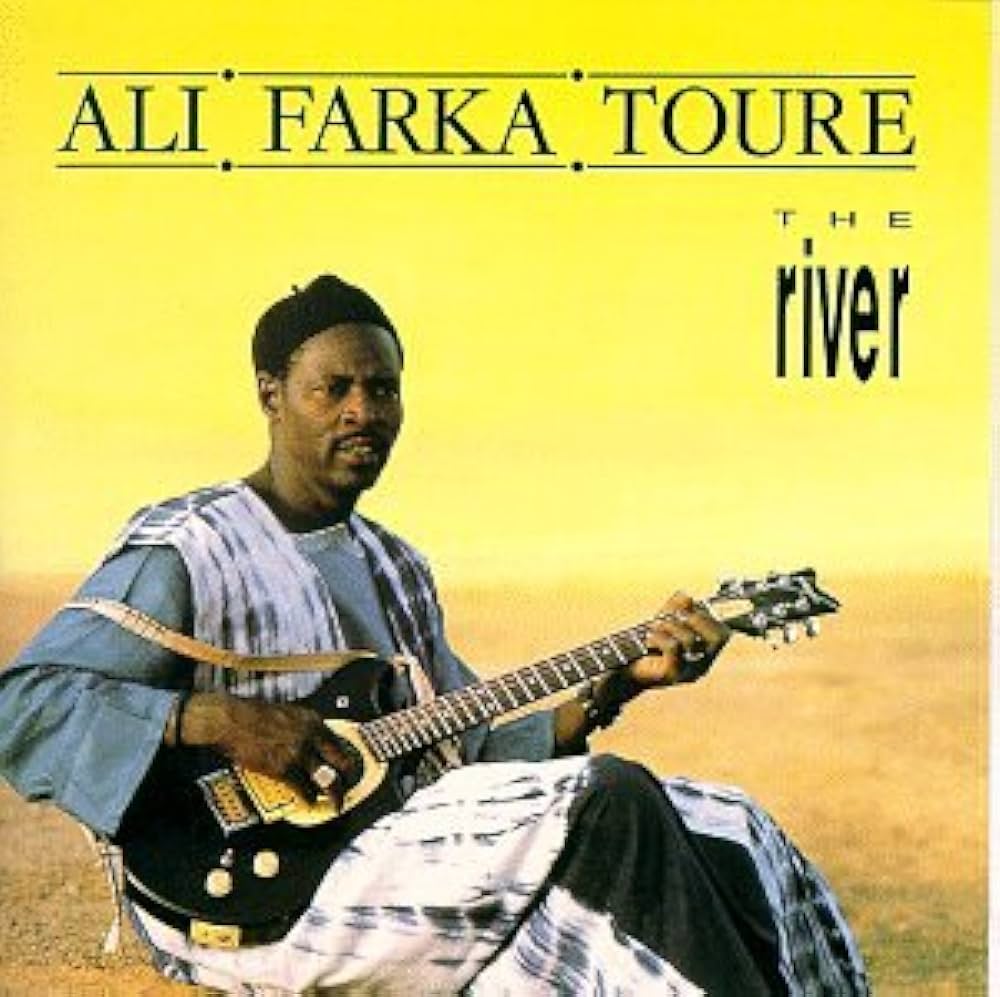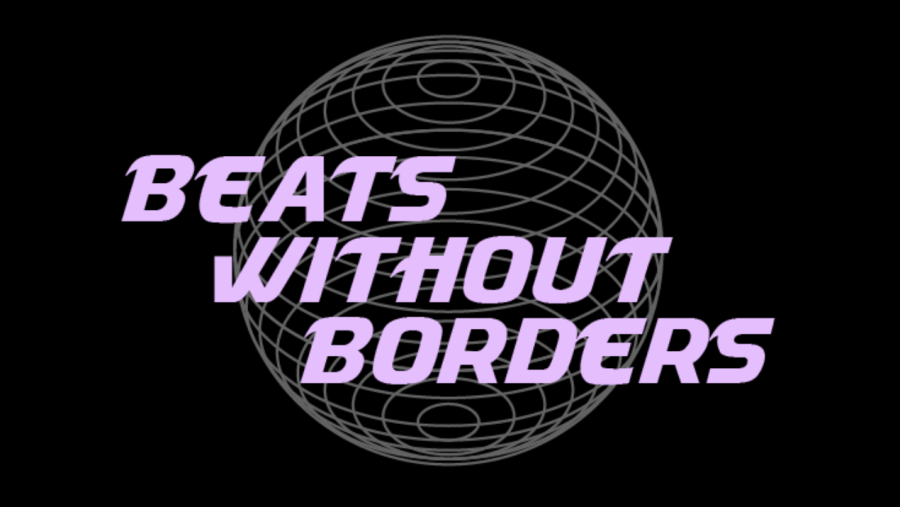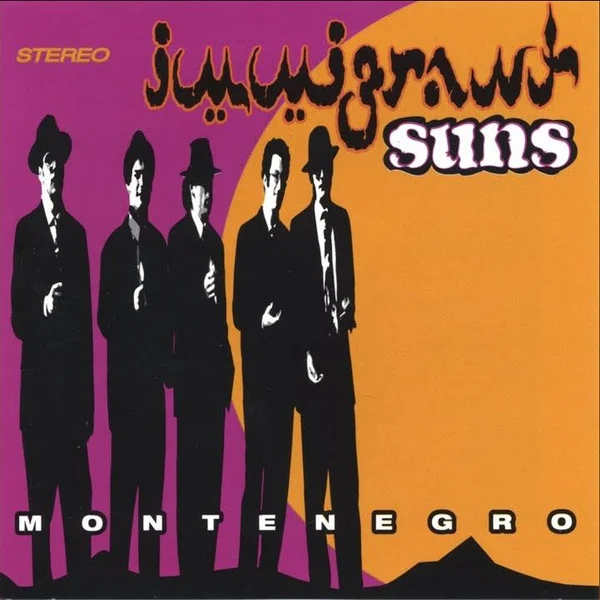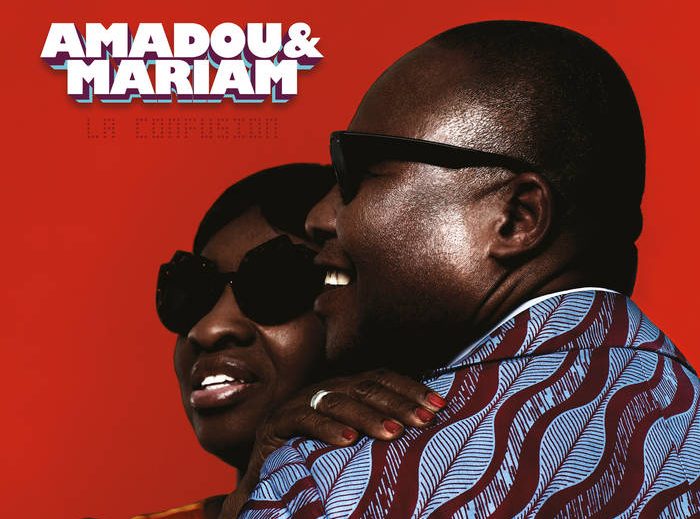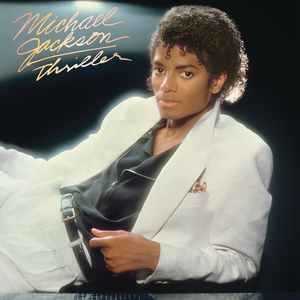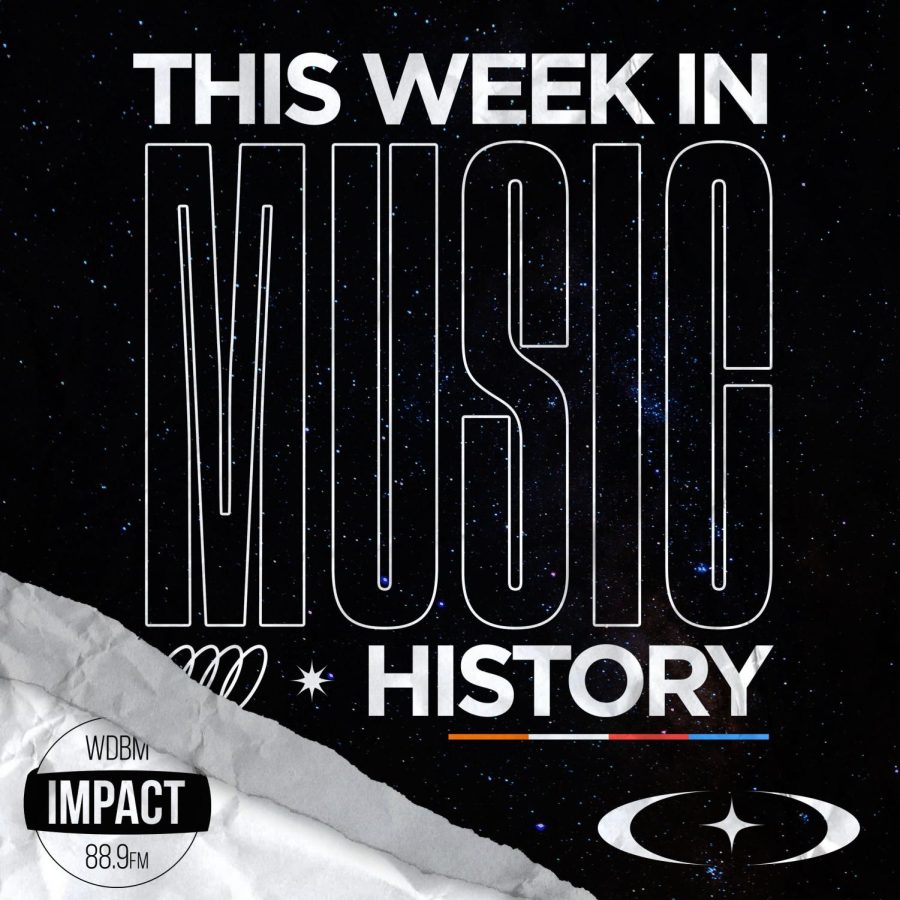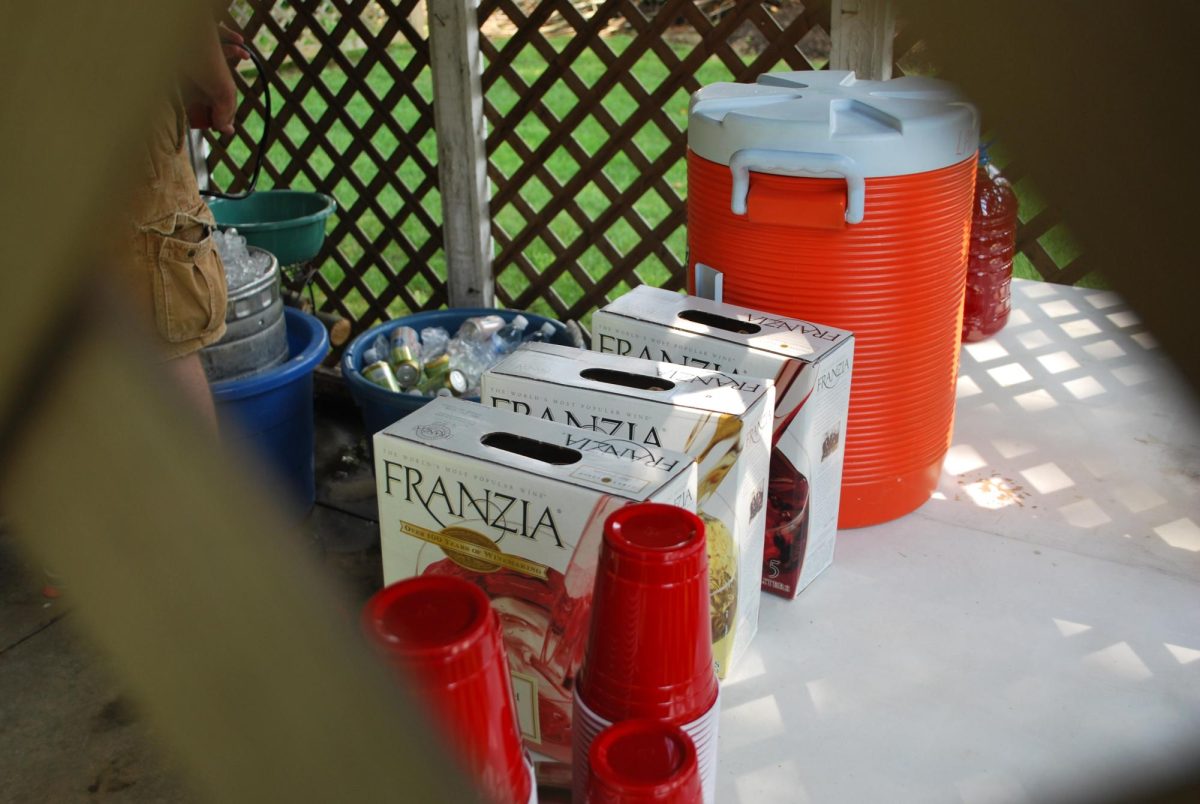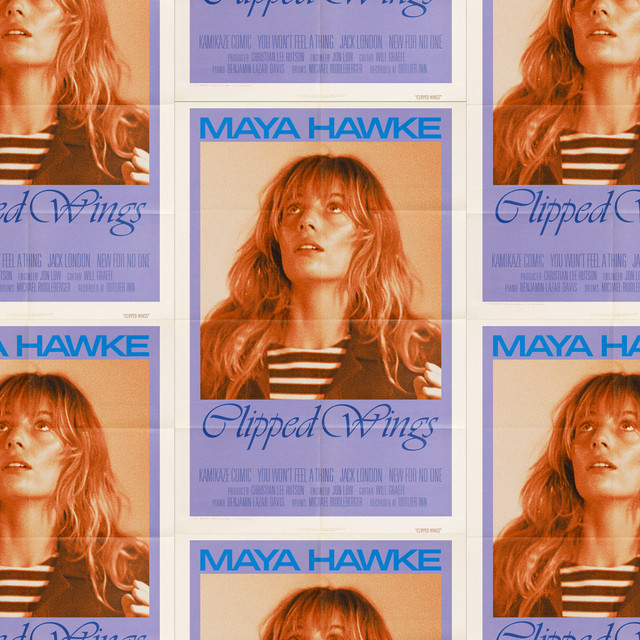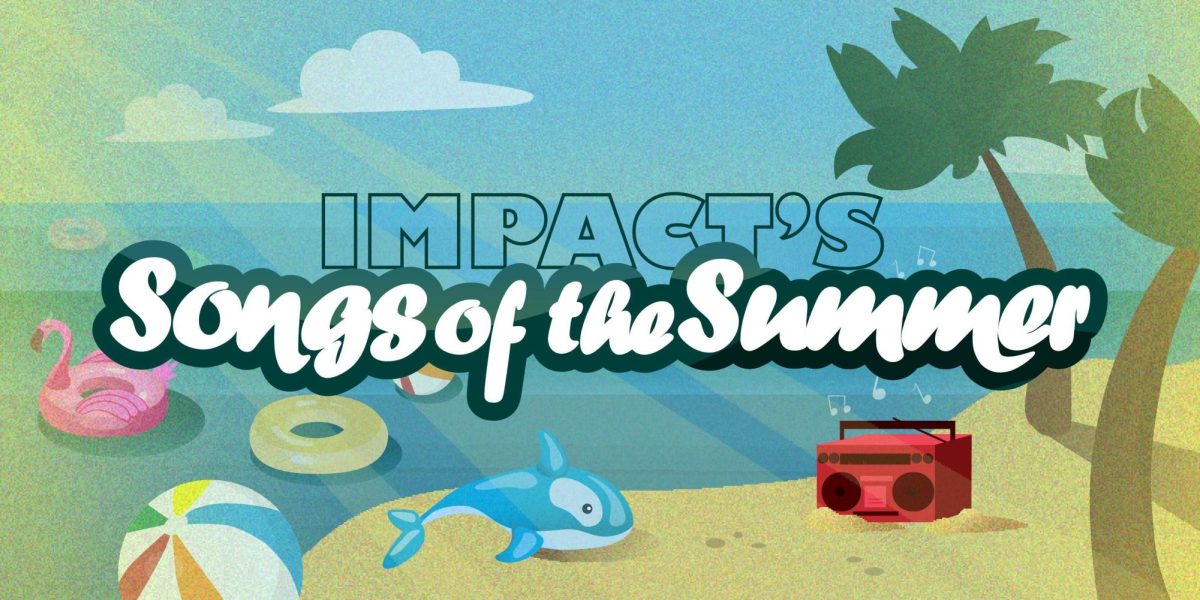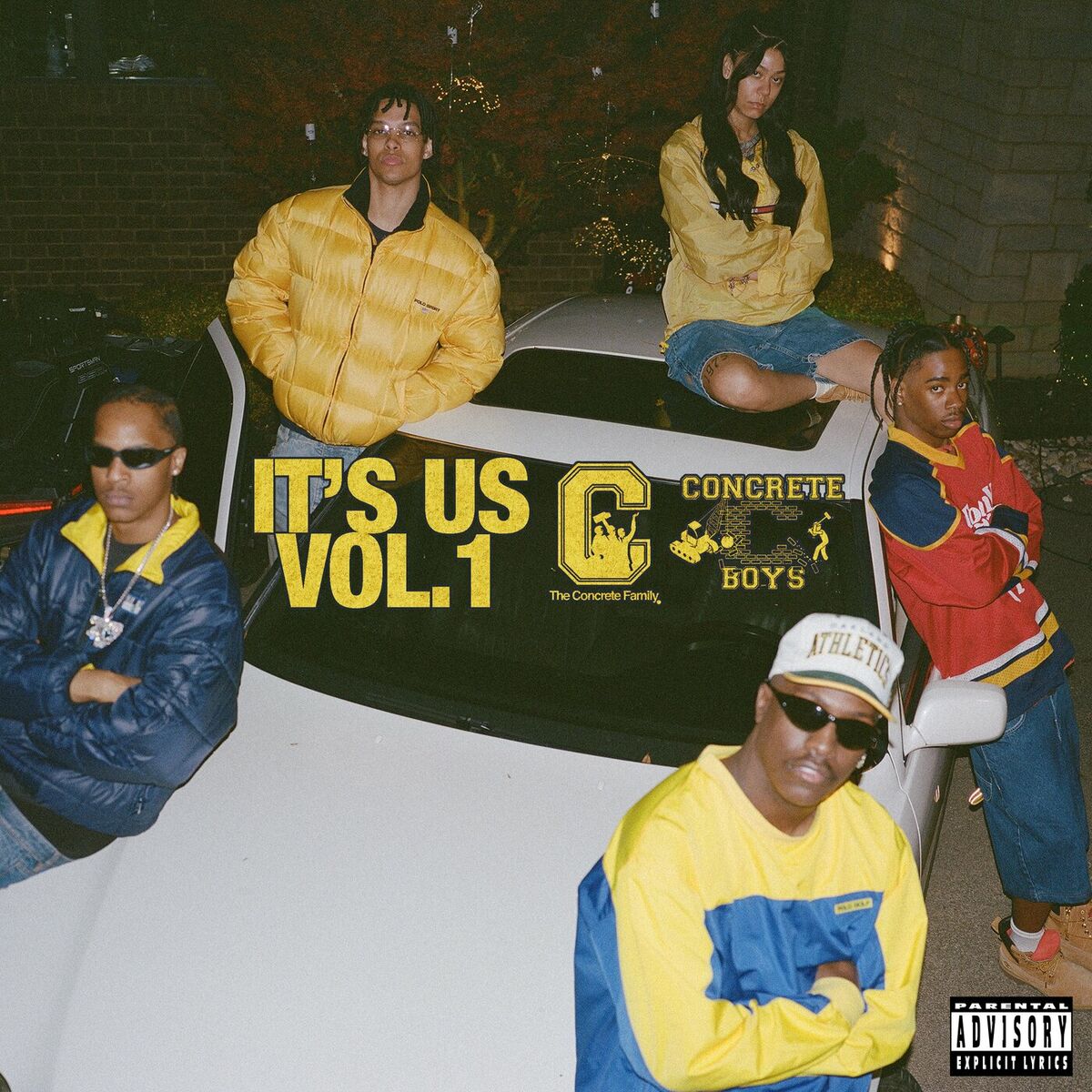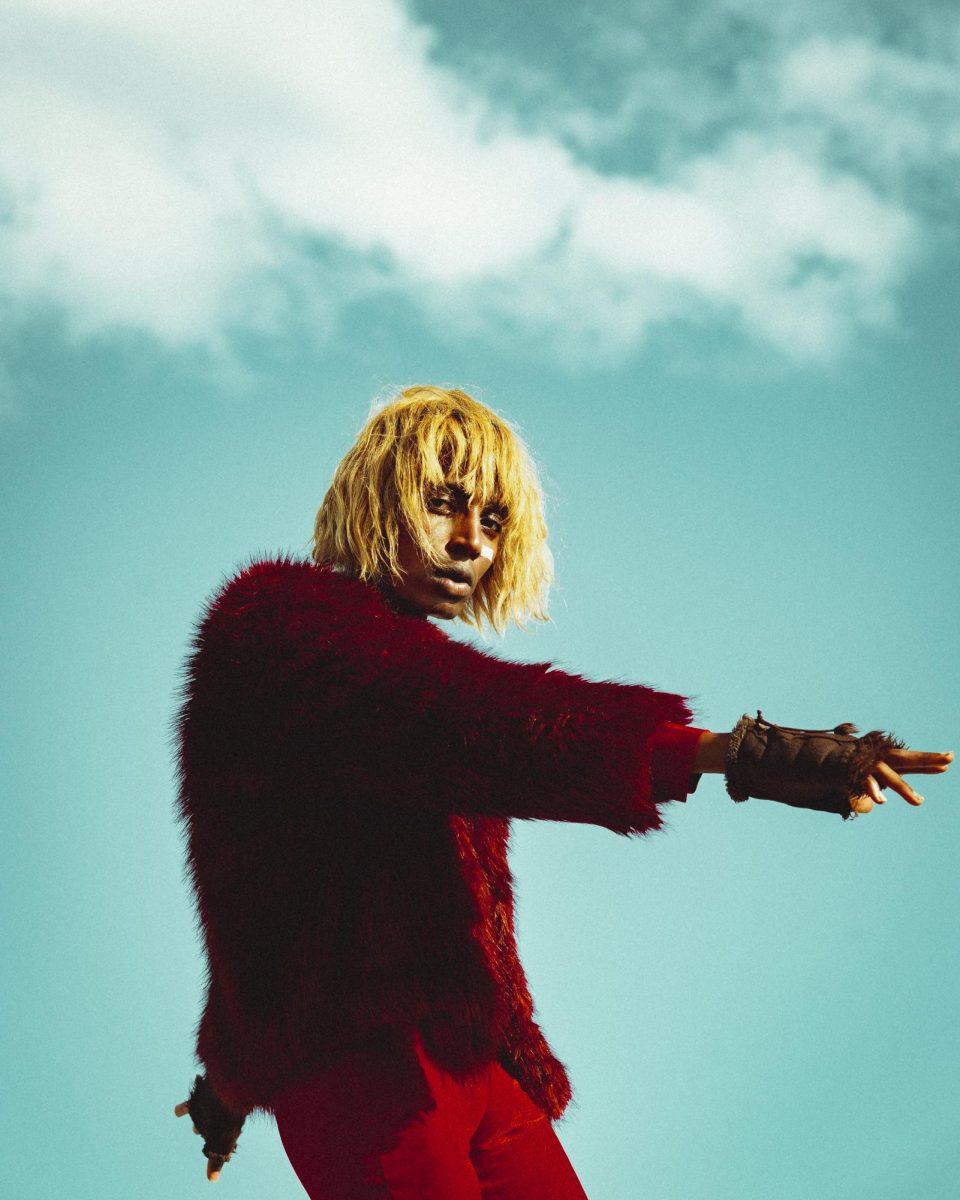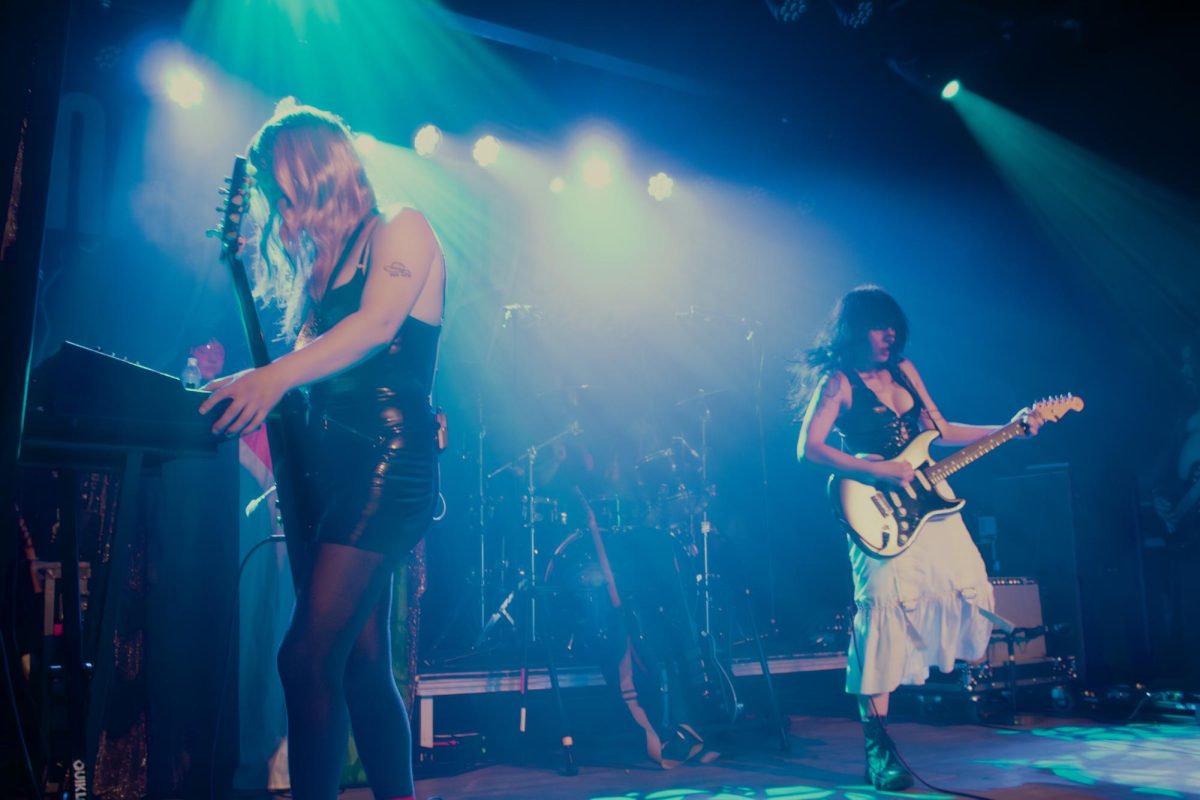When we look at the history of music, there’s a small island located in the Caribbean that created so much of the magic that we take for granted when thinking about the state of modern music. Without Jamaica and their contributions to the musical canon, we wouldn’t have seen the era of Sean Paul and dancehall in the party scenes of the 2000s, we wouldn’t have heard the rise of the legend Bob Marley in the 1960s and we wouldn’t have seen the seemingly infinite offshoot musical genres that eventually birthed sounds like zouk and kaneka.
Despite all the love poured upon reggae and dancehall, it tends to overshadow another, just as influential, musical style from the island. This style is toasting. Toasting is the art of talking over a beat made by a deejay. The sound systems that first rose to prominence in 1940s Kingston played music over massive speaker setups, and eventually, the deejays began to start speaking over the lulls in the beats. Over time, a few of the deejays moved to places like London and New York City. Their popularity followed, and their style of speaking over beats evolved and melded into hip hop and rap.
While we look at the impact that these musicians have had, there’s a lot of unsung heroes that have shaped modern music into what it is. Here’s a toast to a few of the pioneers of toasting.
Count Matchuki
Count Matchuki is often considered to be the father of toasting. He got his start working on the sound systems Tom the Great Sebastian and Tokyo the Monarch. However, these systems weren’t where his name first rose to prominence. That would be when he moved to the Downbeat sound system set up by legendary producer Coxsone Dodd.
Dodd was familiar with the speaking style of jive talk, which was developed in Harlem as a form of AAVE slang, as he frequented Harlem to purchase records to play on his system. He suggested that Matchuki do something like that over the lulls in the records to keep the interest of the audiences.
Noteworthy tracks by Count Matchuki include “Movements,” “Hi-Jacked” and “War Fare.”
“Movements” is one of the oldest surviving Count Matchuki tracks that is available commercially. The track gives a glimpse into what the sound system parties of 1950s Kingston were like. Speaking over a jazzy backing beat, Count Matchuki created a new sound that would eventually culminate in ska, where he was also an avid participant in the early scene.
“Hi-Jacked” showcases another side of toasting, the storytelling, that made its way into another style of music. The track sets the scene of a recreational flight that was hijacked in the air en-route to an unnamed destination, leading the flight to land in Havana, Cuba. As the track continues, the pilot receives clearance to land in Havana. The storytelling aspect of toasting has had a lasting impact on the music of Jamaica for generations to come.
Another aspect of Jamaican music that has become legendary throughout the world is its inherently political nature. Released during the height of the Vietnam War, “War Fare” is a critique on the financial nature of the war, with many people profiting off it. Many Jamaican artists of the time were influenced by the peace-first nature of Rastafari, and the calls for peace during this major international war were something you could find across various sound systems.
U-Roy
Directly inspired by Count Matchuki, U-Roy started his deejay career in the 1960s and bounced around various sound systems for a few years before John Hold, lead vocalist of the Paragons, heard him toasting at a dance. This led to an informal record deal, and he became one of the first toasters to release tracks commercially.
His international success paved the way for dancehall to ride the waves he created in the years following, and domestically, his music influenced so many artists to the point where I-Roy, another prominent toaster, chose his stage name because of him. Many of the biggest dancehall artists said that he influenced them, such as Sean Paul and Shabba Ranks.
Noteworthy tracks by U-Roy include “Bangarang,” “Wake the Town” and “Tide is High.”
Some of the core sounds that emerged from Jamaica were bouncy guitar and syncopated percussion, and “Bangarang” is one of the earliest tracks where these sounds are found. Though a predominantly instrumental track, these were the sorts of sounds you would expect to be played on sound systems across Kingston.
The reverb found at the beginning of “Wake the Town” is emblematic of another famous Jamaican music style, dub. This track was also unique in that U-Roy could be heard scatting over the beat at points.
With the growing popularity of reggae as its own style of music, toasters began to slowly incorporate elements of it into their songs. “Tide is High” features U-Roy singing on the track, which is something that wasn’t incredibly popular prior to the explosion of reggae in Jamaica.
Big Youth
Big Youth began his career toasting at his workplace, the Sheraton Hotel in Kingston, where he was employed as a diesel mechanic. As he built up his skills, he began performing with various sound systems. While his early singles were considered flops, his career skyrocketed when he first began to work with Gussie Clark. Despite being in his 70s, he still performs to this day.
Noteworthy tracks by Big Youth include “S-90 Skank,” “Hell is for Heroes” and “One of These Fine Days”
Featuring the revving of the titular motorcycle, “S-90 Skank” was featured in a Honda ad for the motorcycle that inspired the track. This helped showcase reggae’s eventual international takeover of the airwaves.
The late 1970s saw many artists deal with the psychological damages of the Vietnam war, and this song is one of many that came to terms with the devastation that was inflicted on many people because of the war.
With the cultural dominance of reggae in Jamaican music, many toasters turned to reggae to find success. “One of These Fine Days” is one of these songs, where reggae and toasting begin to blur the lines between each other, creating a style that is unique to themselves while influencing the future of reggae.
Michigan & Smiley
One of the first duos of toasters, Papa Michigan and General Smiley rose to popularity during the first wave of dancehall. Their blend of toasting and singing on tracks caught the attention of various producers, who sent their riddims — instrumental backings that multiple artists record songs on — to the duo. The pair is still active as a duo and have gone on to make releases as individuals as well.
Noteworthy tracks by Michigan & Smiley include “We Need a One Love,” “Tom’s Diner” and “Diseases”
The live recording of “We Need a One Love” — which features the audience’s cheers — gives a bit of insight into the sound system parties that brought toasting to prominence.
Following the success of Susanne Vega’s song “Tom’s Diner,” a number of artists came together on an album with various recreations of the song. Michigan & Smiley were one of them, and their recreation blends the dancehall sound with the earlier wave that launched the pair to prominence.
This song features the sound that is emblematic of the first wave of dancehall — a slower, more reggae-adjacent sound. The influence of toasting on this wave of dancehall was more prominent than it was on the second and third waves that came in the 90s and 2000s.
The legacy that toasting has had on the music scenes of not just Jamaica, but the world, has been largely forgotten by the music community. But without the legacy of these artists, what we know about music would be completely different.


